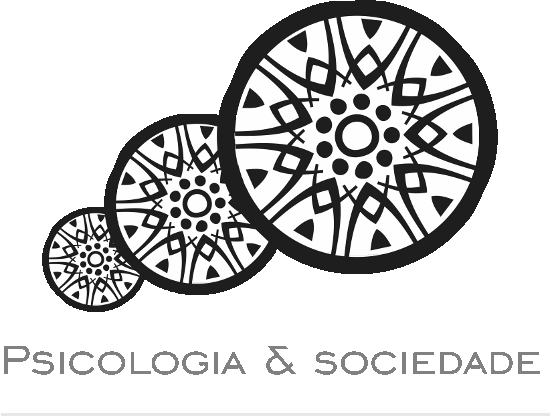This article aims to point out Vygotsky's and Sartre's methodological contributions to psychology, using the following literature: "O significado histórico da crise da psicologia. Uma investigação metodológica" (Vygotsky, 1996) and "Questão de Método" (Sartre, 1987). Vygotsky identifies a psychological crisis, indicating that to overcome it depends on a methodological approach based on Marx's thoughts. Sartre also returns to Marx's writings, to define the subject as an irreducible singularity which is constituted on social relations. Finally, Sartre and Vygotsky share a methodological position which comprehends, simultaneously, the singularity of human beings and its unfinished historical totalizing process. Each author, in his own way, assumes specificities that characterize the human being, conceiving subjectivity in an incessant and dialectic relation with objectivity. Understanding the subject as a product and producer of culture, the authors can collaborate for a psychology engaged within its political context, from the perspective of social transformation.
Vygotsky and Sartre; method; historical-dialetical psychology
